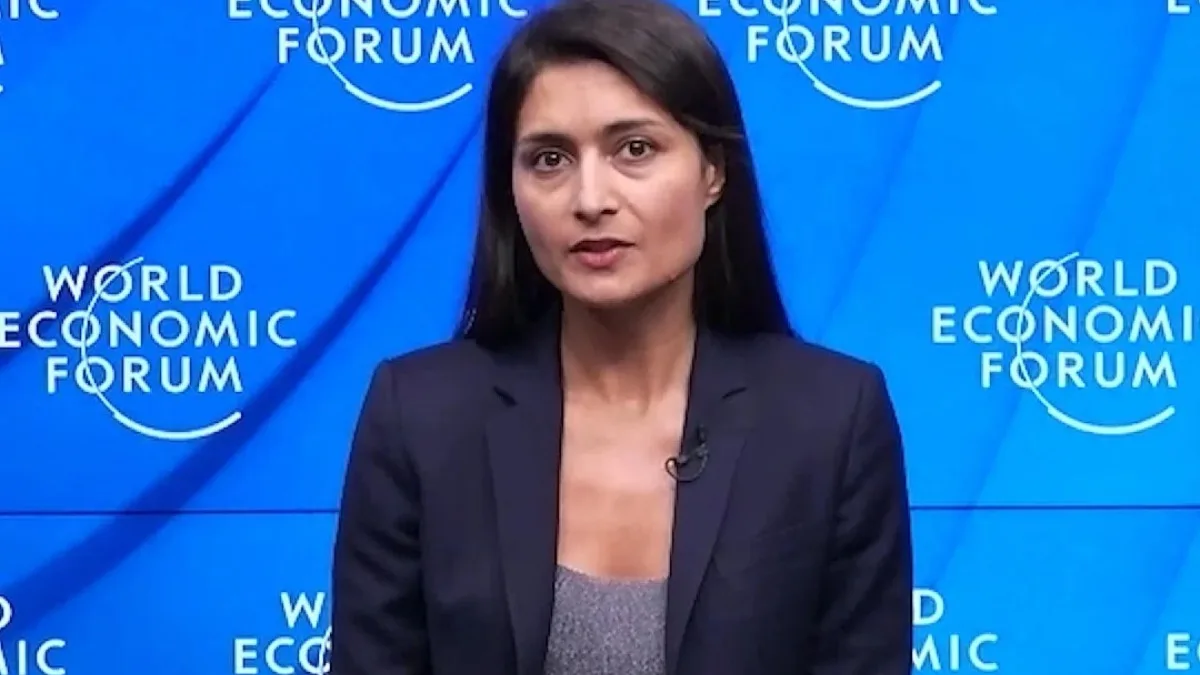The World Economic Forum (WEF) highlights the imminent risk of artificial intelligence-powered misinformation disrupting key global elections, becoming the most significant short-term threat to the world economy.

AI Driven Misinformation
The World Economic Forum (WEF) has issued a stark warning, highlighting artificial intelligence-driven misinformation as the foremost short-term threat to the global economy. The WEF’s annual risks report, based on the insights of 1,400 experts, paints a bleak picture, expressing concerns that the dissemination of false information could severely impact politics, potentially leading to social unrest, riots, and government crackdowns.
The report underscores the heightened risk of global catastrophes over the next two years, with 30% of respondents fearing such an event and two-thirds anticipating a disastrous occurrence within the next decade. The persistent cost of living crisis, coupled with the interlinked challenges of disinformation and polarised societies, dominates the outlook for 2024, according to the WEF.
Must Read: Perplexity AI Secures $73.6 Million Funding and Valued at $520 Million
With upcoming elections in countries representing 60% of global GDP, including the UK, the US, the EU, and India, the WEF’s annual risks report predicts a nexus between falsified information and societal upheaval during election campaigns. Misinformation, defined as false or inaccurate information, and disinformation, intentionally false content used for propaganda, are identified as major risks. The WEF warns that the spread of false information could lead to riots, strikes, and government crackdowns, disrupting political landscapes.
Over the next 10 years, extreme weather events and climate change emerge as the most pressing risks, as indicated by the experts polled by the WEF. The destabilisation of the global order, characterised by polarising narratives, insecurity, and the worsening impacts of extreme weather, contributes to accelerating risks, including misinformation and disinformation, says Saadia Zahidi, a managing director of the WEF.
In the short term, the five biggest risks include misinformation and disinformation, extreme weather events, societal polarisation, cyber insecurity, and interstate armed conflict. The report emphasises the disruptive role of artificial intelligence breakthroughs, magnifying the threats posed by misinformation and disinformation. Carolina Klint, Chief Commercial Officer in Europe for Marsh McLennan, highlights the need for resilience at organisational, country, and international levels, with increased cooperation between the public and private sectors to navigate this evolving risk landscape.
Must Read: Top 10 Metaverse Devices and Gears to Have for Best Experience
Looking at the longer-term horizon, the top five risks include extreme weather events, critical changes to earth systems, biodiversity loss and ecosystem collapse, natural resource shortages, and ongoing concerns about misinformation and disinformation.
While two-thirds of respondents express worry about extreme weather events in 2024, there are varying opinions on the urgency of these risks. Private sector respondents anticipate most environmental risks materialising over a longer timeframe than civil society or government, highlighting the growing risk of reaching a point of no return.
Despite the gloomy outlook, Zahidi emphasises that the future is within our control, urging global cooperation and resilience-building efforts at organisational, country, and international levels.
Must Read: Generative AI Transformative Landscape: Expert Insights and Analysis
This post was last modified on January 12, 2024 7:44 pm
Google is launching The Android Show: I/O Edition, featuring Android ecosystem president Sameer Samat, to…
The top 11 generative AI companies in the world are listed below. These companies have…
Google has integrated Veo 2 video generation into the Gemini app for Advanced subscribers, enabling…
Perplexity's iOS app now makes its conversational AI voice assistant compatible with Apple devices, enabling…
Bhavish Aggarwal is in talks to raise $300 million for his AI company, Krutrim AI…
The Beijing Humanoid Robot Innovation Center won the Yizhuang Half-Marathon with the "Tiangong Ultra," a…